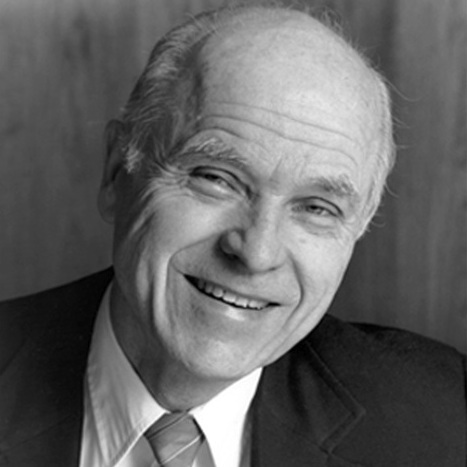Editorial Comment

This may be the best news I have ever had the privilege of sharing with our readers in the 16-year history of Mission Frontiers.
If you can believe it, it has to do with doubling or tripling the energies available for missions from the USA (and around the world). It is highly relevant to the gravest sticking point with the world's largest Protestant mission- Wycliffe Bible Translators, which is our cover story this time. As you read their gripping story you confront the single fact that the only major reason they may not be able to finish their job by the year 2000 is a shortage of recruits.
What a tragedy! In this country alone there ought to be the additional people needed. There are! But until now they have thought (rightly) that they were not adequately schooled
Information has come to us too late to change much more than this page of this edition of Mission Frontiers. It is the word that Wycliffe itself is now tip- toeing into a new world of opportunity. We'll get to that in a minute.
This turn of events has a fascinating background.
[Oh yes, first, what is the largest obstacle to missions from the U.S.A.? It is very simply the tragic, trudging, procession of college graduates who are too burdened with debts to allow them to go into missions. School debts interpose years of delay-and usually end in denial-of the mission call for tens of thousands of mission-minded college graduates.]
The second-largest obstacle is closely related to the first.
It is the fact that our society has unthinkingly chosen to impose what seems to be endless years of schooling before young people can enter into real life, jobs, marriage, etc. This means missionaries arrive on the field ten years older and far less able to master the language. Or, in 90% of the cases, these thousands of once-enthusiastic mission-minded students don't arrive at all.
Wycliffe, and other major missions, used to take people without all four years of college.
What's happened? Don't blame Wycliffe. We have, as an American social system, rigged things to punish those who "drop out" early. We (Christians and non-Christians alike) have closed ranks to virtually eliminate opportunities for those who do not finish. Don't even missions decline to take undergraduates? Why? For one thing parents, educators, everyone would accuse them of robbing the cradle, wrecking the careers of young people, etc.
Well, to elongate schooling as we have in America isn't working in society in general. We have ever higher numbers of teenage pregnancies, a lower average age of murderers (now below 16). Millions of young people are annually turning to gangs and drug pushing.
So, what does this have to do with missions? First, one further point of background: Strangely, the predicted decline of the Baby Boom, from 12.5 million college-age students to 5.6 million. did not produce the predicted demise of a thousand colleges. Why? A thousand Colleges have finally "unbent." Necessity has been the mother of invention. They have finally figured out how to educate people who don't come to their campuses.
Someone has calculated that there are 40 million Americans over 25 with only two years of college (and only 5.6 million of "college age," that is, 18 to 22 years old). Can they be "saved?" Can they be trained? Well, five million of them are now enrolled. Yes, over half the college population in the U.S.A. is now older than 25.
What this means for missions can hardly be over-estimated. It is a real breakthrough. It means that hundreds of thousands of Americans formerly "invisible" and unavailable to missions may now be welcome for the first time.
Wycliffe is taking the lead. There is already partial approval at high levels in Wycliffe for a trial run in their "Surveyors" division (see page 10) of recruiting people who have only two years of college. The new wrinkle is that now such people can quite possibly expect to complete their B.A. in Christian Studies after going to the field, and when they finish becoming full members of Wycliffe.
I say "quite possibly" because already the board of directors of the university related to the USCWM has agreed to grant a B.A. in such circumstances. Other colleges will, I believe, readily do the same. Wycliffe already has special relations with a number of them. (Anyone wanting to follow this development specifically with Wycliffe can write to Wycliffe's Academic chief, George Huttar, 206 Marribrook Tr, Duncanville TX 75116).
But stop and think. What an astounding new open door this is for millions of Americans (not just those who wish to go into full-time mission service). Of the 40 million Americans who have only two years of college, at least 10 million are Evangelicals. If only 2% of these are willing now to rise to the missionary challenge, that means 200,000 additional people can accept the challenge right now.
It means that if five million Americans over 25 are completing their college off campus, at least one million are Evangelicals, admitting them to all kinds of full-time Christian service.
(It may someday become so normal to "finish college" on the side out in the real world that those who stay all four years in college in one stretch may be considered handicapped!)
Who would have thought that this massive "Degree Completion Movement"-itself the result of agonizing adjustments to the collapse of the Baby Boom-would throw open the doors to hundreds of thousands of Americans heretofore denied access to full-time Christian service?
It hasn't happened quite yet. But stay tuned.







comments